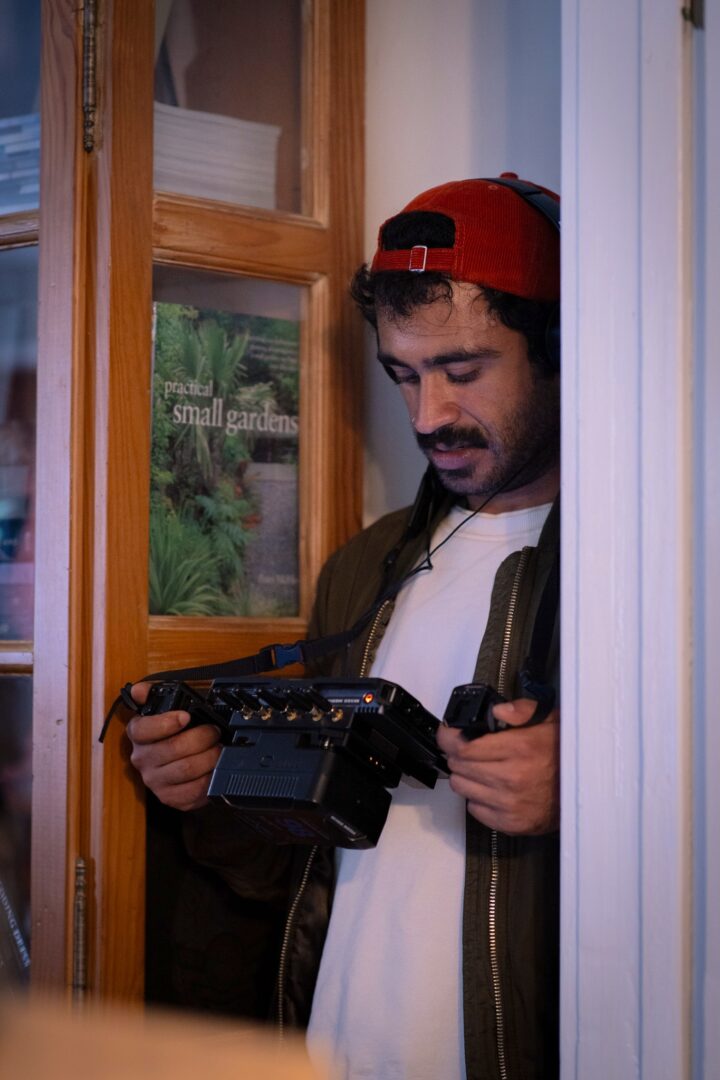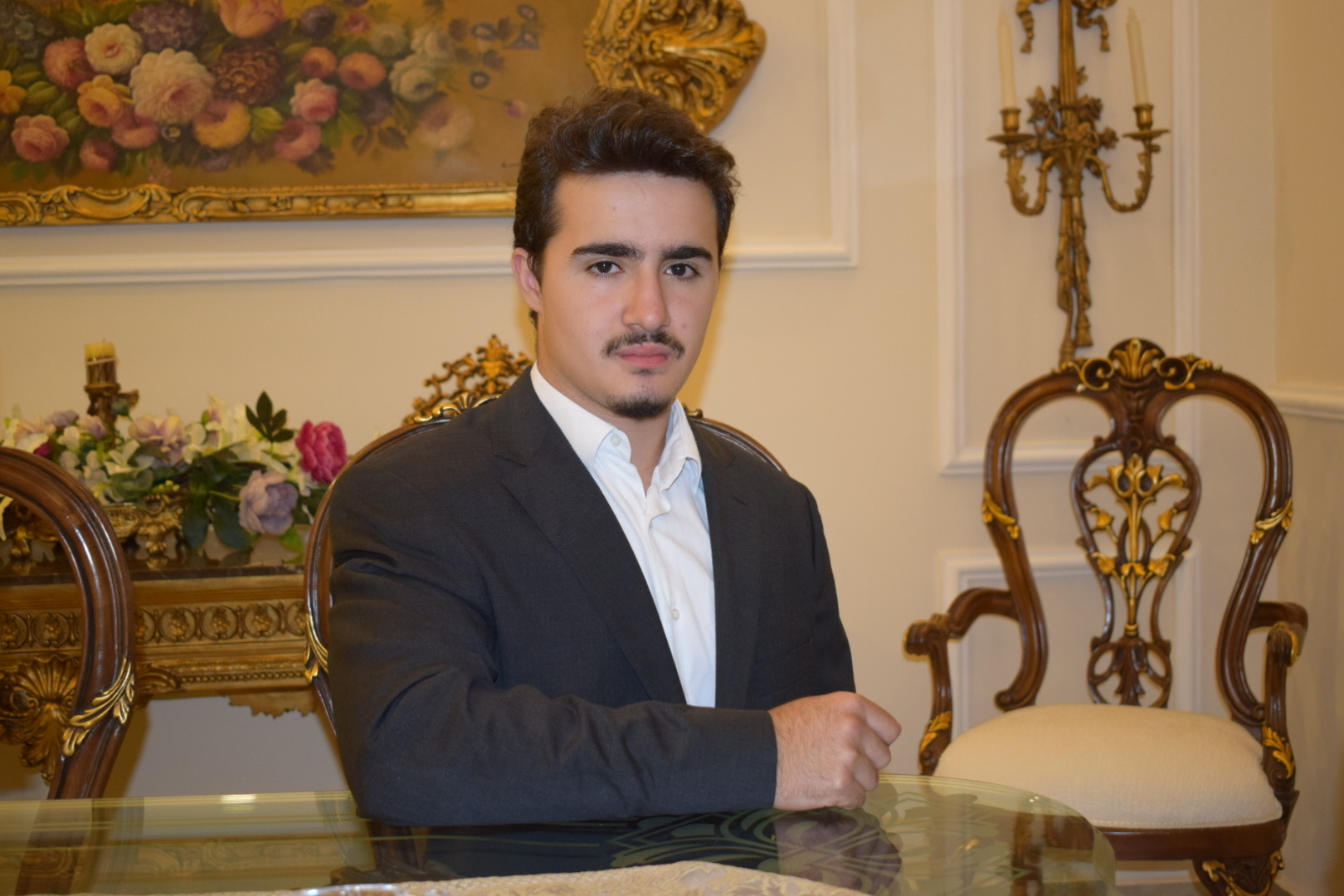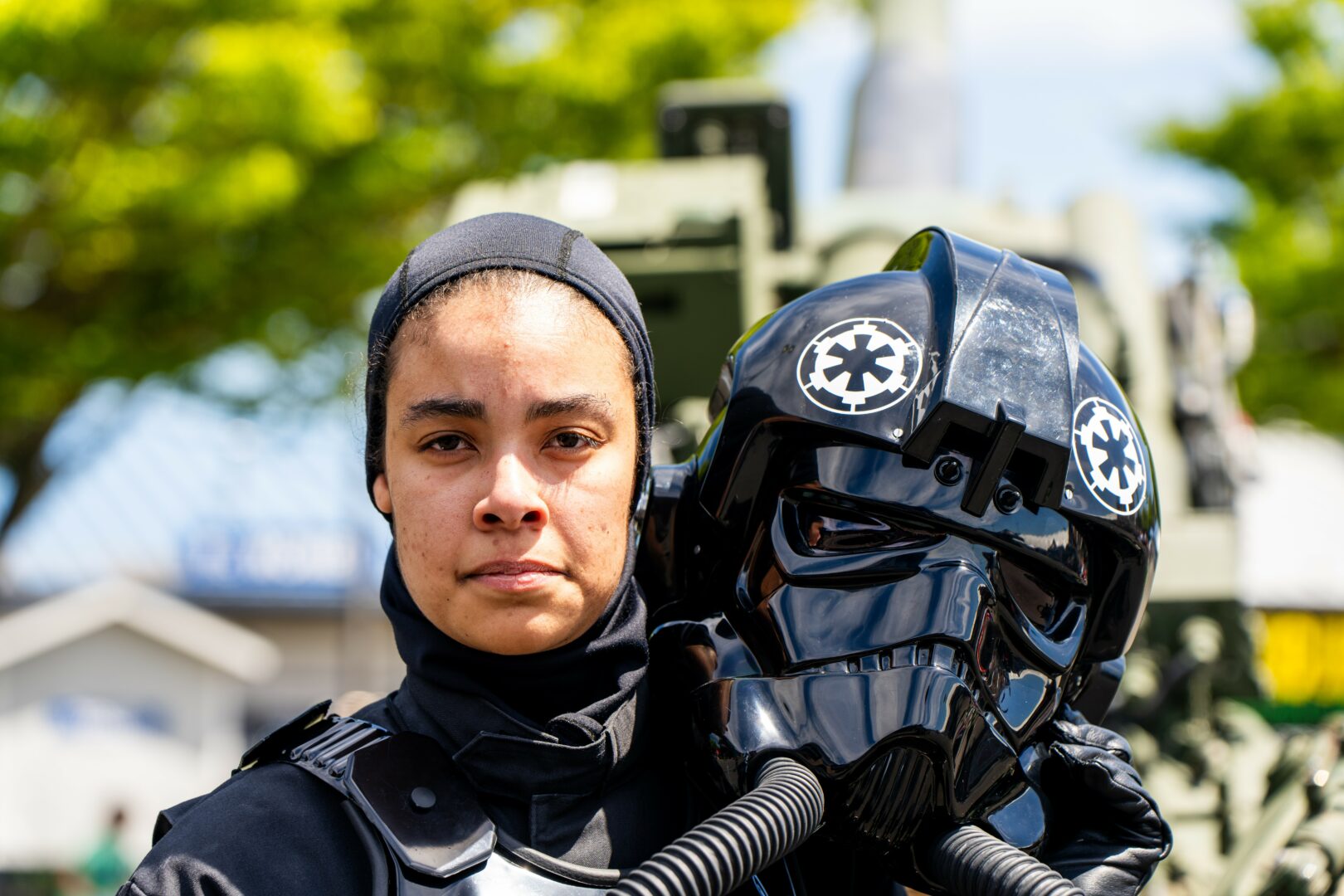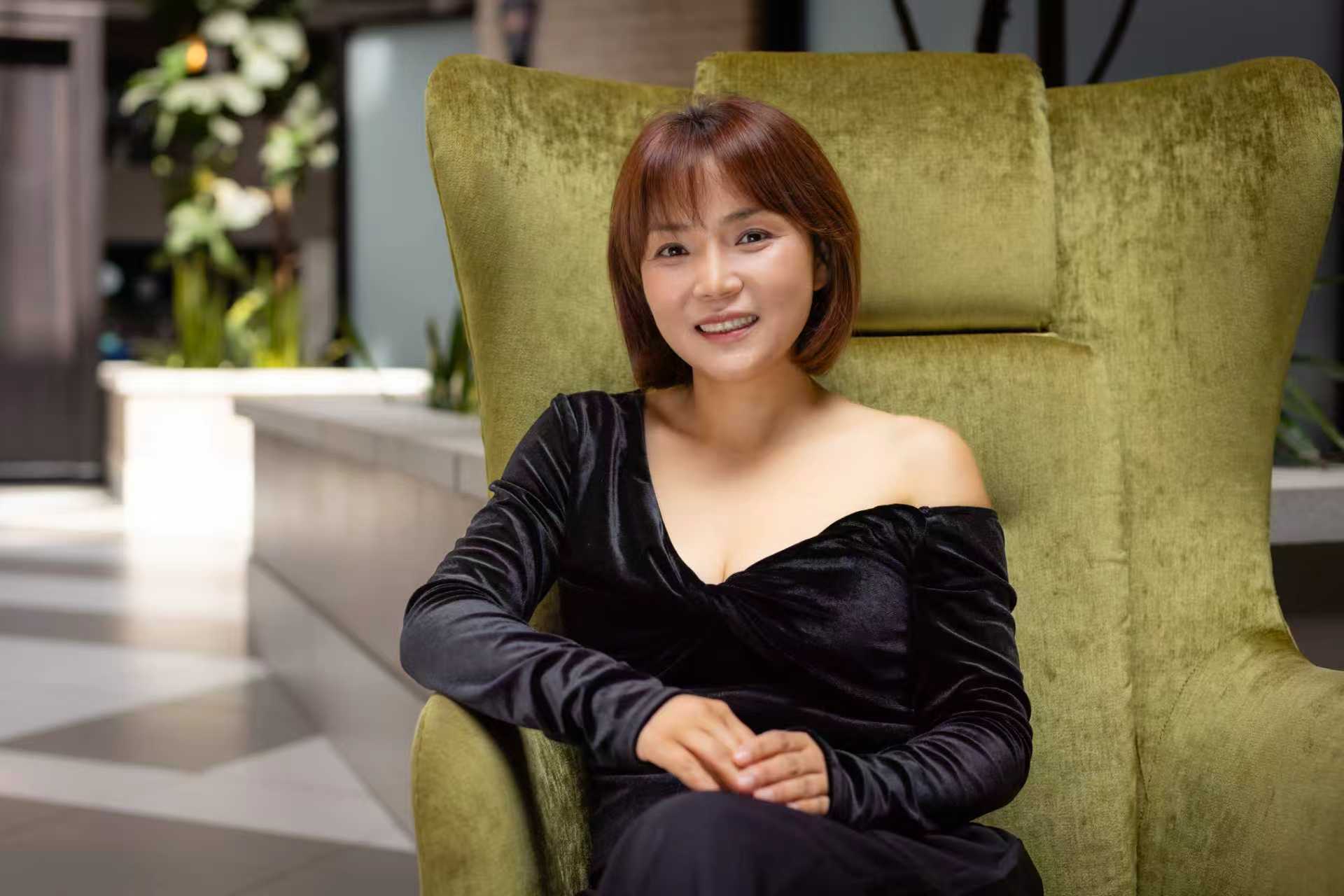We’re excited to introduce you to the always interesting and insightful Ibrahim. We hope you’ll enjoy our conversation with Ibrahim below.
Ibrahim, we’re thrilled to have you on our platform and we think there is so much folks can learn from you and your story. Something that matters deeply to us is living a life and leading a career filled with purpose and so let’s start by chatting about how you found your purpose.
I often say I didn’t find art, but art found me. It came to me in the moments when I was at my weakest and when silence became too heavy to hold. Growing up in northern Pakistan, art became a source of survival. It came as a quiet rebellion against fear in a space where I could exist fully when the world or I didn’t know what to make of myself.
Theatre and writing were my first refuge. They taught me how to breathe through emotion, how to turn pain into performance. Later, film became the language I’d been searching for, mainly because it could capture the weight of memory, the rhythm of prayer, and the ache of belonging. Through storytelling, I found a way to connect the fragments of my life into something whole.
I realized my purpose wasn’t just to create stories, but to translate lived experiences of queerness, faith, and displacement into human truths that others could feel and recognize. Art became not just expression, but communion. It saved me, and through it, I hope to save something in others, even if it’s just the feeling of being seen.
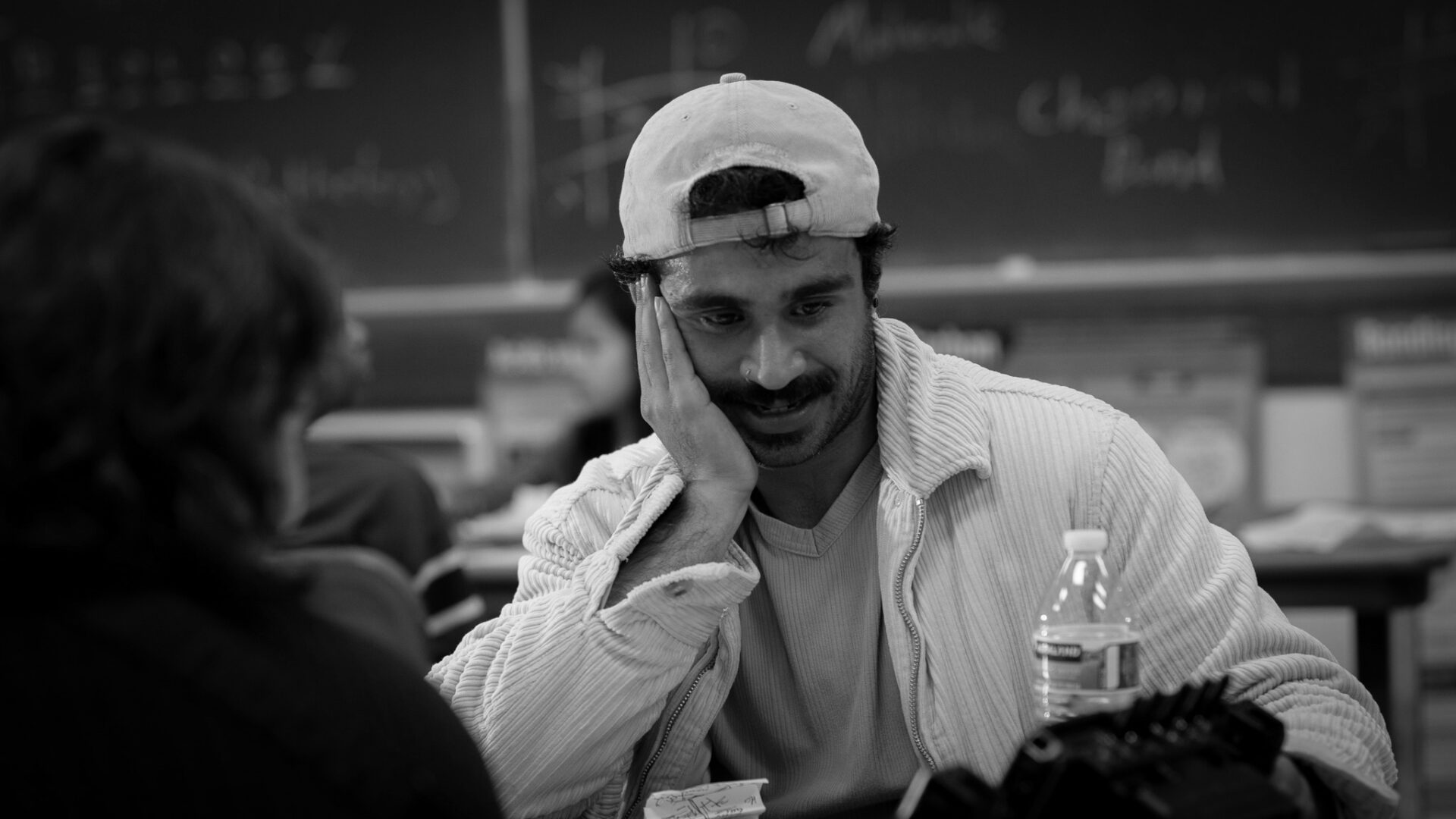
Thanks for sharing that. So, before we get any further into our conversation, can you tell our readers a bit about yourself and what you’re working on?
My work lives at the intersection of film and theatre, often exploring identity, queerness, and the quiet complexities of belonging. I’m drawn to stories that live in the tension between beauty and discomfort, where cultural memory, faith, and desire collide. What I love most about my work is its ability to transform pain into connection. Whether through film, theatre, or movement, I’m drawn to stories that confront silence and turn it into empathy. My art is intimate yet universal, rooted in memory but always looking toward healing and hope. Storytelling excites me because of its power to humanize. I’m fascinated by how a single image or performance can awaken empathy, especially when it comes from a perspective rarely seen on screen.
I’ve also been experimenting with expanding cinema beyond the traditional screen and building experiences that merge film, food, and immersive storytelling. It’s about creating spaces where people can feel, taste, and share a story. It is a continuation of what I’ve always believed: storytelling is not just seen or heard, it’s lived.
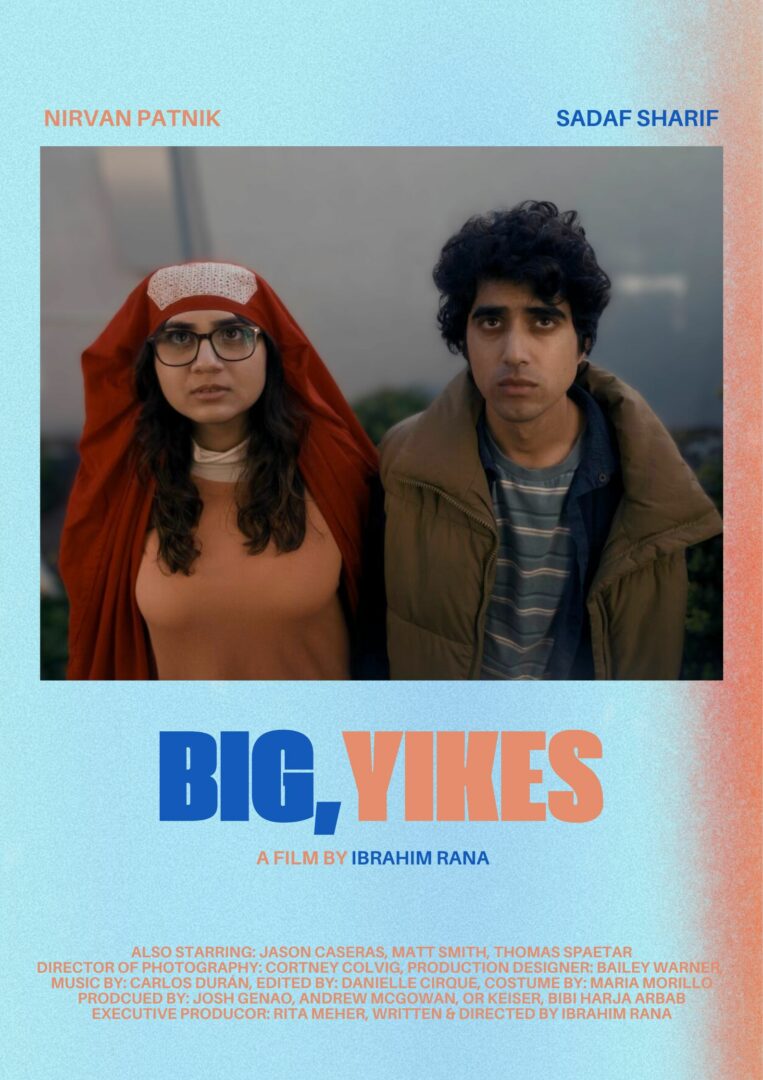
Looking back, what do you think were the three qualities, skills, or areas of knowledge that were most impactful in your journey? What advice do you have for folks who are early in their journey in terms of how they can best develop or improve on these?
The most impactful qualities in my journey have been resilience, empathy, and curiosity. Resilience is a crucial part of art, especially filmmaking, which demands endurance. There are still moments when I question my place in this industry as a queer, Muslim, Pakistani storyteller navigating spaces that didn’t always make room for me, and resilience is what keeps me going. Then it’s empathy, because it is the core of every storytelling. The more I understand people, their silence, their fears, their contradictions, the deeper my work becomes. To me, it’s not just about writing characters but, firstly, listening to them. I’m a curious person by nature, which has mostly worked in my favor. I have a constant hunger to learn, grow, and stay open. Whether I’m experimenting with a new medium, exploring another culture, or simply walking into a room of strangers, curiosity has kept my art alive and evolving.
My advice for anyone, regardless of what stage of their journey they are at, would be to not chase perfection but instead chase honesty. Be very patient with your process and surround yourself with people who challenge you and keep feeding your curiosity. The craft will follow, but the courage to stay true to your voice, that’s what will set you apart.
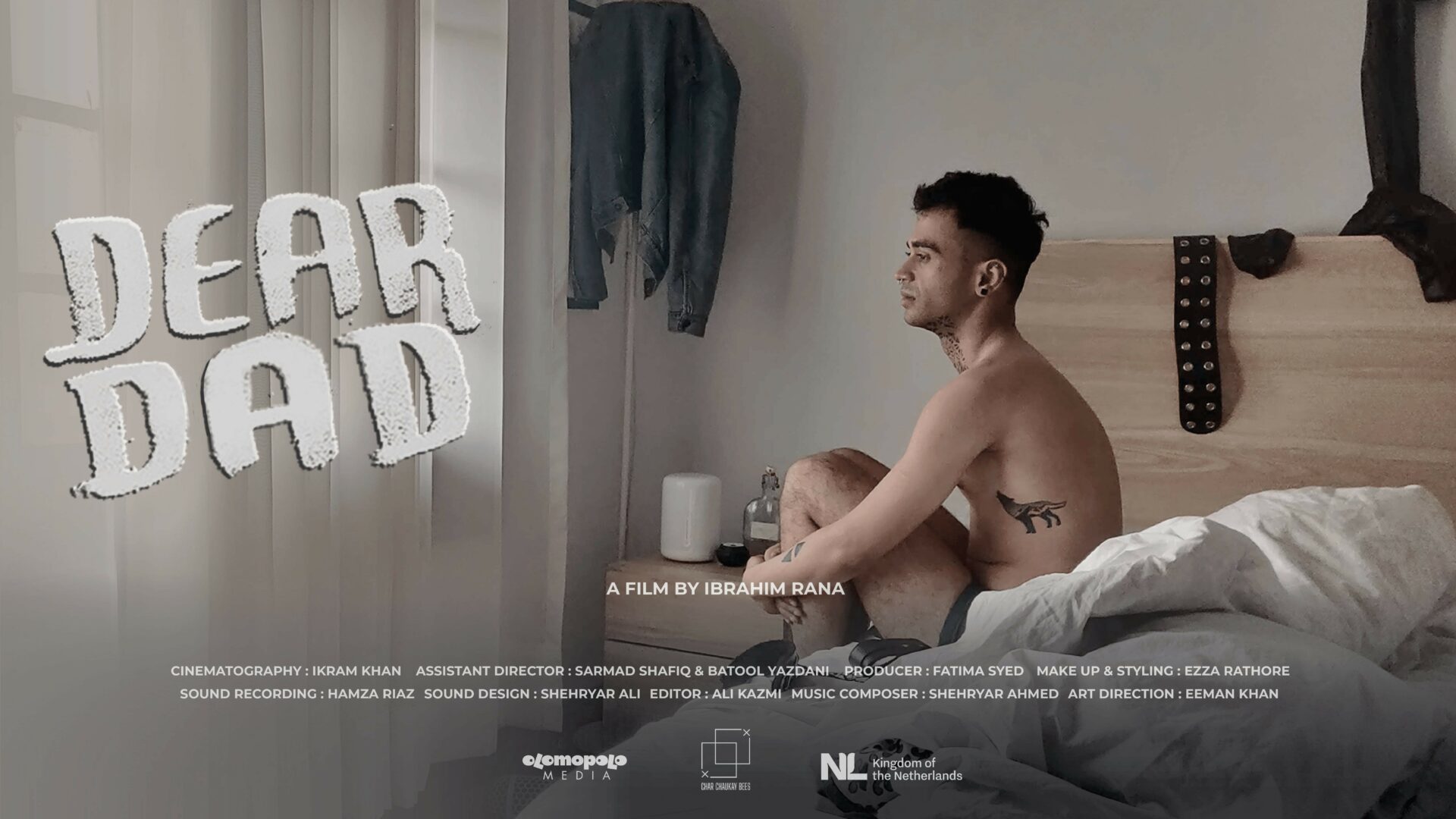
To close, maybe we can chat about your parents and what they did that was particularly impactful for you?
The most impactful thing my parents have done for me is simple, but life-changing, and it’s that they let me be myself. They never tried to steer me away from what I loved, even when it didn’t fit the expectations of the society around us. But still they trusted me and do to this day. They gave me the freedom to create, to fail, to dream in directions that weren’t always understood. That kind of trust has become the foundation of everything I am today. It has taught me that art isn’t just about expression. It is also the permission to exist as you are, to make something out of that truth, and to know that love doesn’t come with conditions.
Contact Info:
- Instagram: https://www.instagram.com/ibrahimarana/
- Linkedin: https://www.linkedin.com/in/ibrahim-rana-197494153/
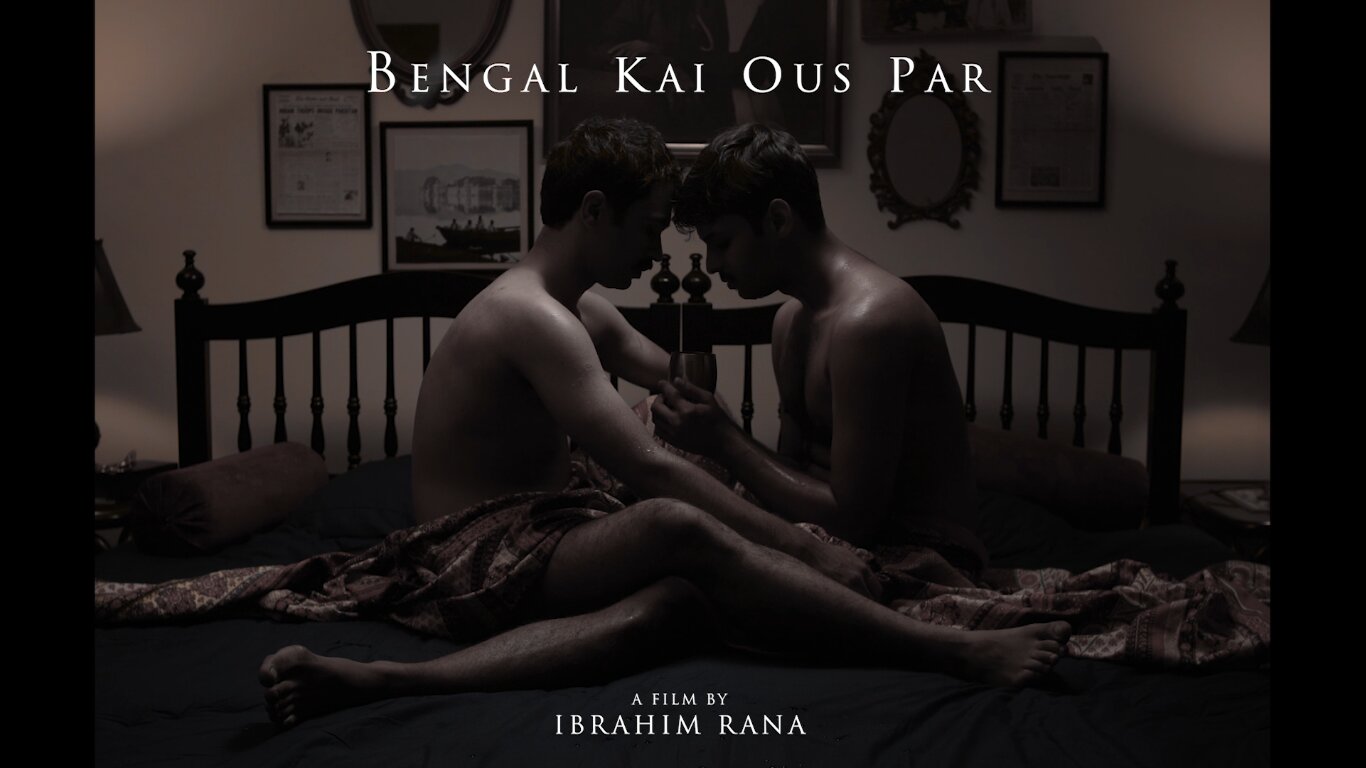
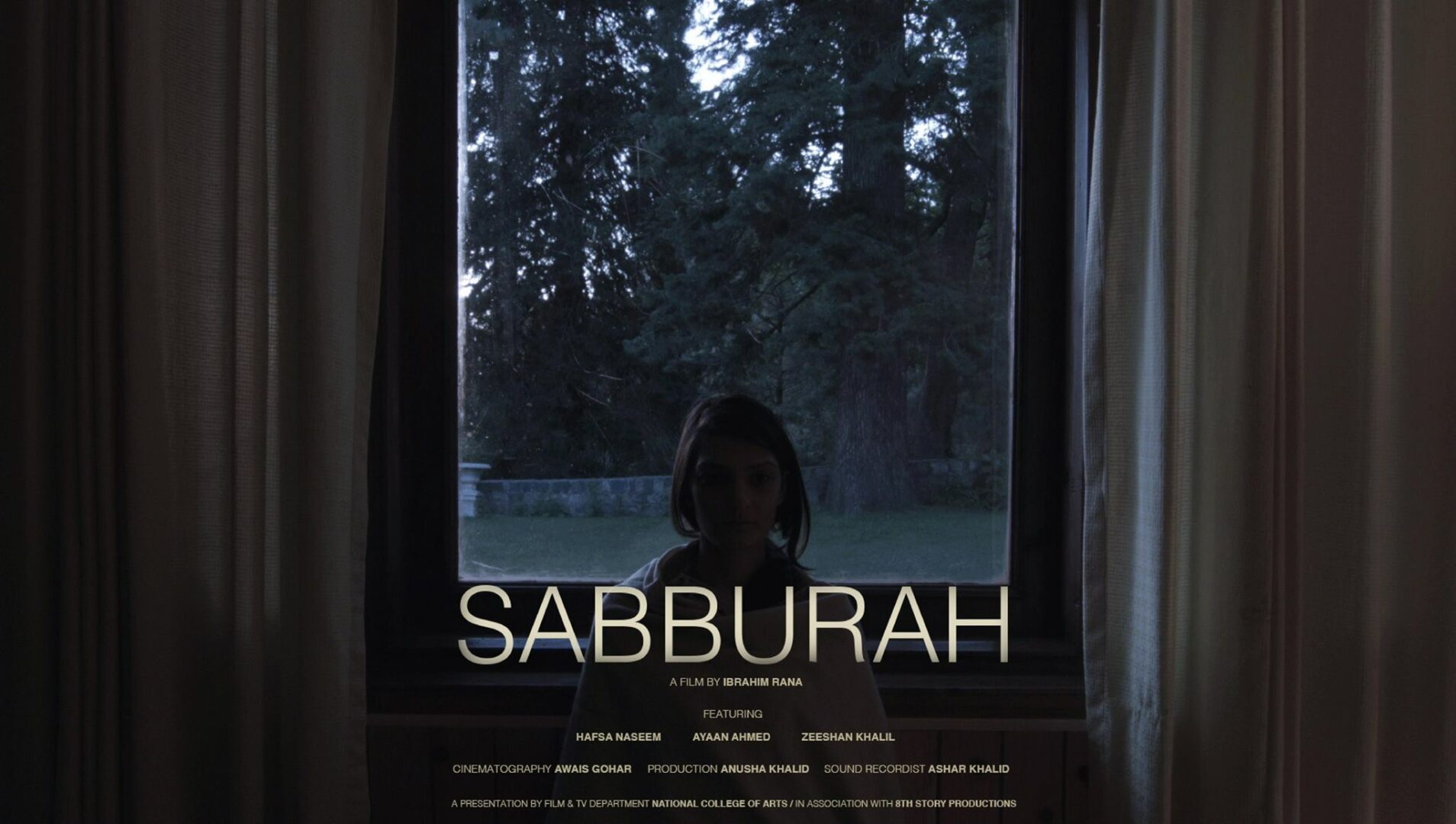
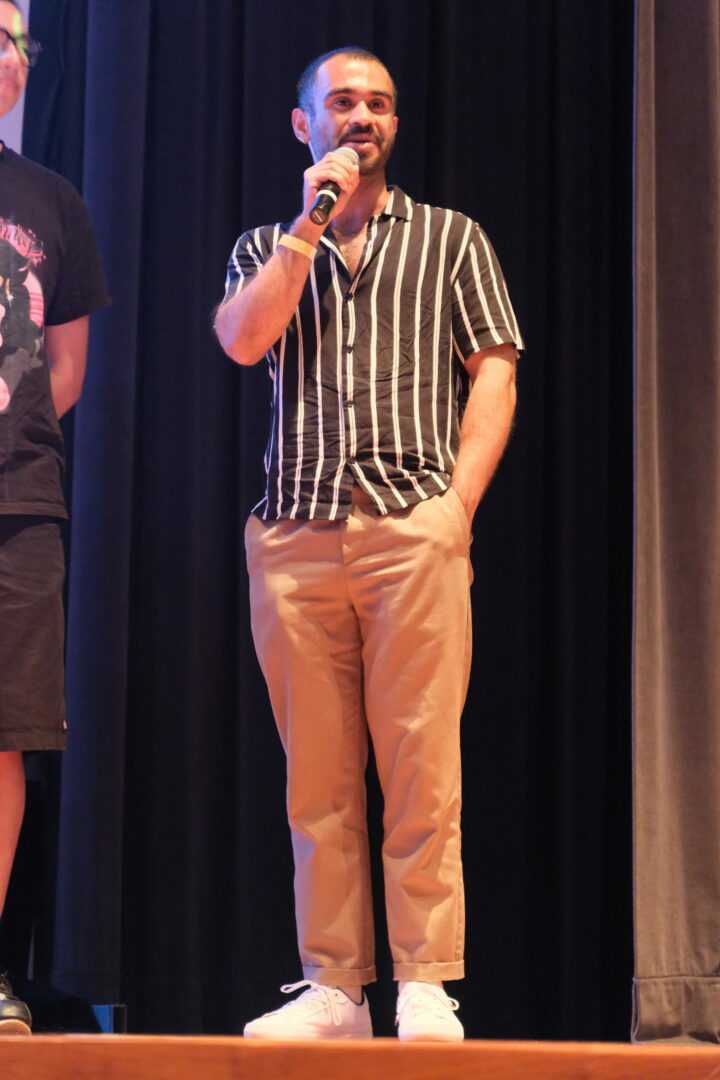
so if you or someone you know deserves recognition please let us know here.

